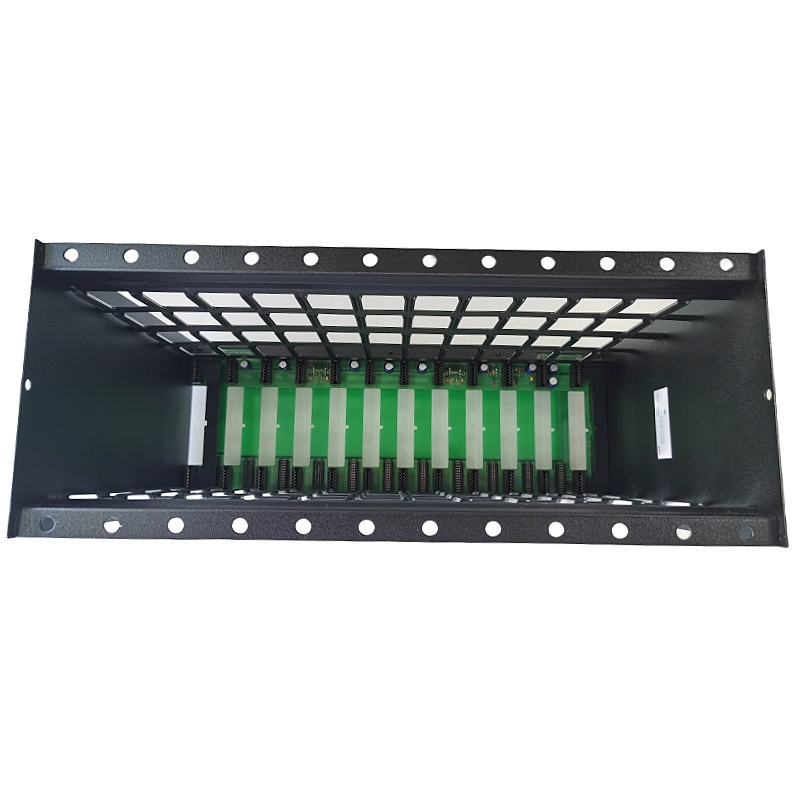
Main Brand:
ABB Allen-Bradley Alstom Bently Emerson Foxboro
GE MOOG Schneider Woodward HIMA Honeywell
Annual hot selling advantage products:
ABB PM861AK02 ABB PP846A ABB PM864AK01
ABB PM861A ABB PM861AK01 ABB PM864A
First hand source, affordable price. Spot inventory!
•Shipping Port: Xiamen
•Ship to you via Fedex/DHL/TNT/UPS/EMS
•Package: Original packing with cartons
3BHE014070R0101 PPC905AE101 3BHE006412R0101 UFC762AE101 3BE021083R101 XVC770BE101 3BHE0070R0101 XVC768AE101 3BHE005555R0101 LDSYN-101 3BHB006621R0103 UAC375AE103 3BHB007211R0101 XVC768AE101 3BHB007211R0117 XVC768AE117 3BHE006373R0101 XVC769AE101
Frequently Asked Questions (FAQ)
Delivery & Shipping
Q: What is the earliest time you can make delivery?
A: Delivery is processed immediately upon receipt of payment.
Returns & Warranty
Q: If the product doesn’t work, can it be returned?
A: Yes, we provide a one-year warranty for all products.
Product Availability
Q: How easy is it to obtain items?
A: These items are no longer in continuous production, making supply limited. However, SAUL specializes in sourcing hard-to-find products. While lead times vary, the average delivery window is 5-7 business days.
Pricing
Q: What is the typical price for the items?
A: SAUL ELECTRIC offers highly competitive pricing while maintaining excellent service. Final pricing may vary based on delivery requirements and availability.

What is a DCS?
A Distributed Control System (DCS) is a sophisticated, computer-based control system designed to automate, monitor, and manage complex industrial processes. It is widely used in large-scale industrial facilities such as refineries, power plants, chemical plants, and paper mills, where precision, reliability, and scalability are critical.
How Does a DCS Work?
A DCS is composed of several interconnected components that work seamlessly to ensure efficient process control. Here’s a breakdown of its key elements:
- Controllers:
These are the “brains” of the system. Controllers receive data from sensors, process it using pre-programmed logic, and send output signals to actuators to maintain optimal process conditions. - Sensors:
Sensors act as the “eyes and ears” of the system, measuring critical physical parameters such as temperature, pressure, flow rate, and level. This real-time data is essential for accurate control. - Actuators:
Actuators are the “muscles” of the system. They execute physical actions based on controller commands, such as opening/closing valves, starting/stopping motors, or adjusting dampers. - Operator Stations:
These serve as the human-machine interface (HMI), allowing operators to monitor the process, adjust setpoints, and troubleshoot issues. Modern DCS systems often feature intuitive graphical interfaces for ease of use. - Communication Network:
The backbone of the DCS, this network connects all components, enabling seamless data exchange and coordination. It ensures that every part of the system works in harmony, even across large industrial sites.
Why is a DCS Important?
- Centralized Control with Distributed Execution: A DCS allows for centralized monitoring while distributing control functions across multiple controllers, reducing the risk of system-wide failures.
- Scalability: It can easily expand to accommodate growing operational needs.
- Reliability: Redundant systems and fail-safes ensure continuous operation, even in critical environments.
- Efficiency: Optimizes processes, reduces waste, and improves overall productivity.


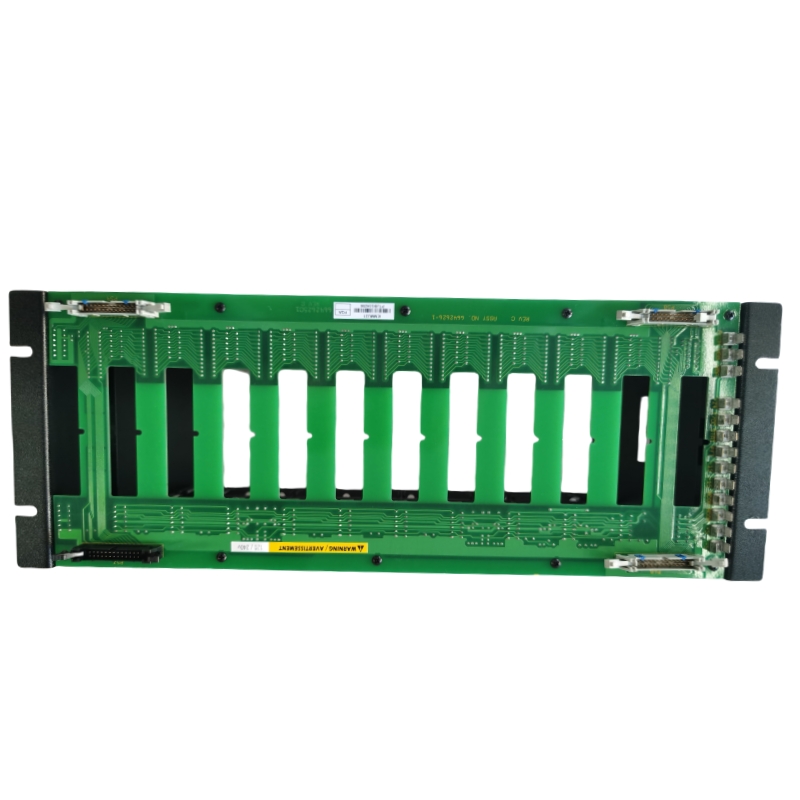

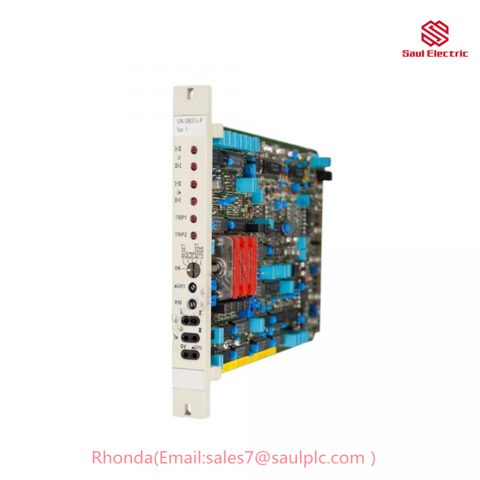
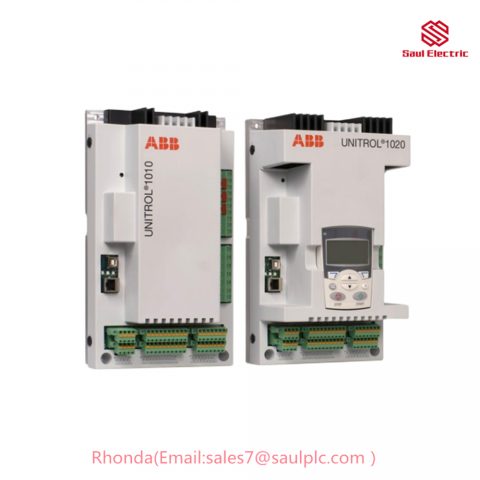
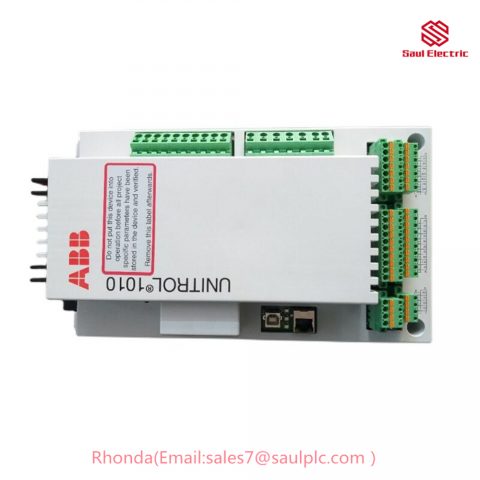
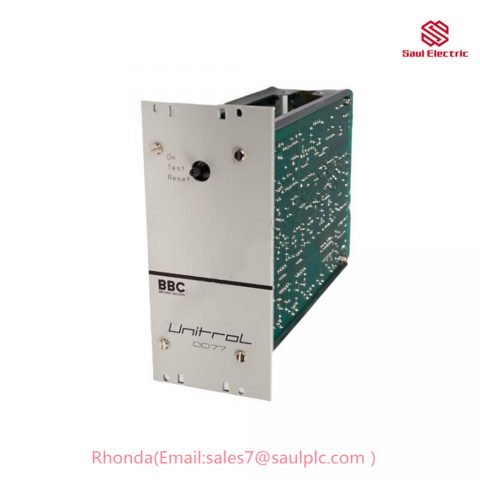
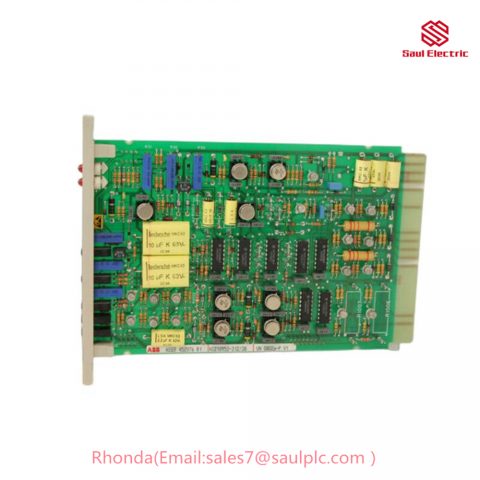
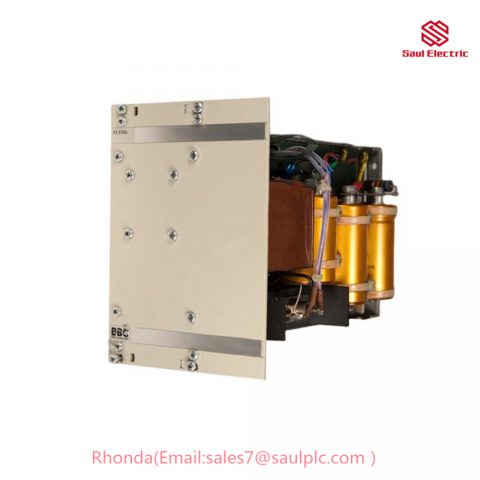
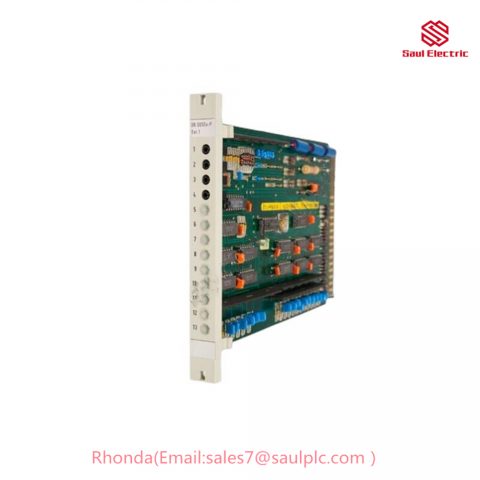
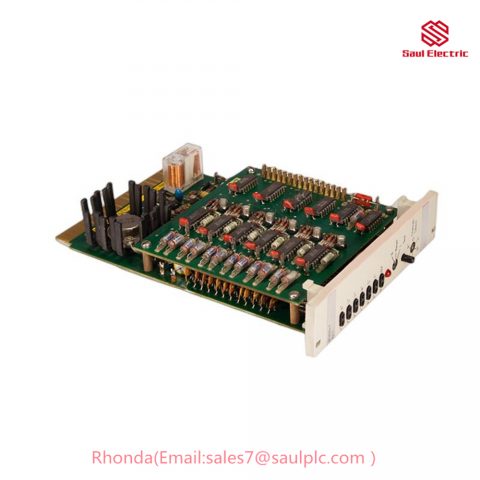
There are no reviews yet.